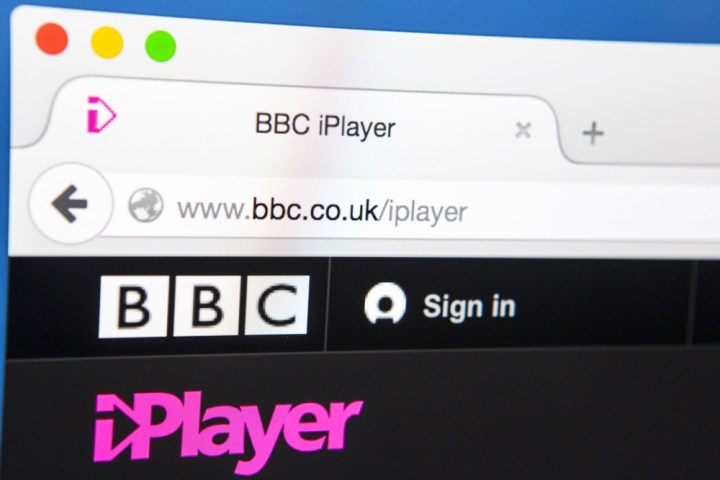
Blocking VPNs should stop European, American, and Asian viewers from accessing iPlayer, the BBC’s extremely popular on-demand TV service.
The BBC has not commented on why the VPN ban happened.
It might be preemptively blocking viewers from outside of the U.K. in preparation for its streaming service, set to launch next year in the United States. The service will offer all of the BBC’s original programming in the same format as Netflix or HBO Now. In return, users outside of the U.K. will receive all the live TV, webisodes, and on-demand content.
The streaming service has been talked about before, and could bring a large influx of cash to the BBC to invest in new programming. At a time where the Conservative government are looking to cut the BBC’s budget, it might keep the broadcaster running smoothly.
iPlayer has become very popular outside of the U.K., especially in the United States. Hit shows like Sherlock, Doctor Who, and The Great British Bake Off are regularly viewed outside of Britain, sometimes surpassing U.K. viewing numbers. The BBC no doubt wants to turn those VPN viewers into paying viewers.
The BBC doesn’t run adverts, relying entirely on the TV license paid by every household in the U.K. that watches television. The cost of the license is £120 ($185) per year, and the streaming service coming next year will most likely cost the same price.
The block does mean that people inside of the U.K. using a VPN will not be able to use BBC iPlayer. The broadcaster is working with schools to make sure the service is not blocked. For people outside of the U.K., it looks like torrenting might become the next best thing, until the streaming service launches.


